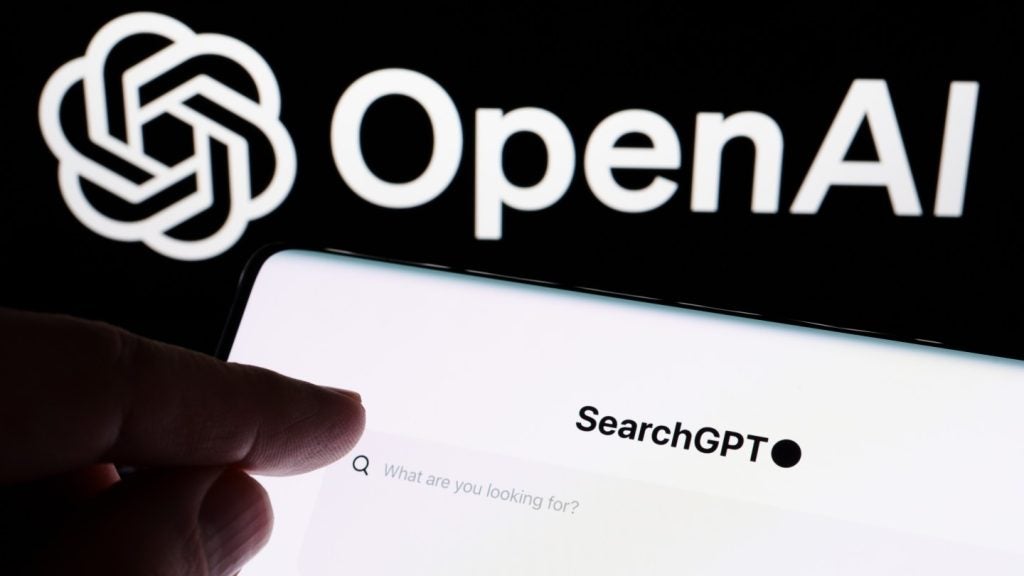The fast-moving low-code app development space is highly competitive, and as such rivals continue to consolidate new innovations into broader solutions in an effort to improve their application lifecycle management (ALM) standing and better address DevOps models. Low-code enabled AI and automation innovations coupled with the Cloud have created a culture of data ubiquity where data from virtually any source can be accessed and integrated into modern apps.
More recently, ML is being incorporated into those solutions to eventually replace the next best action models with event-based architectures. This will allow developers to display business events (such as purchases or help desk tickets) in order to build and configure automated responses when events are triggered. Such emerging intelligent workflow automation is a top priority to operations teams.
Last week, two low-code pure-plays focused heavily on data integration strengths as they unveiled updated low-code platforms. Mendix and Appian, respectively, made significant updates to their flagship low-code automation platforms, focused primarily on providing developers with more AI/ML access and innovative data integration capabilities.
Building on its model-driven development strengths, Mendix’s platform updates during its annual conference focused on bringing agility to app development through automation, AI, and pre-built templates. At the heart of Mendix’s portfolio is its integration management platform Data Hub, which now lets developers display business events (such as purchases or help desk tickets) and build automated responses when triggered. Emerging intelligent workflow automation is a top priority among operations teams.
Appian continues to invest in its low-code and intelligent automation capabilities, acquiring highly relevant innovators, including Novayre last year, and recently, process mining provider Lana Labs. Stemming from its BPM heritage, Appian differentiates from its rivals through its focus on low-code/no-code automation addressing complex workflows through a combination of BPM, API integration, decision rules, RPA, AI, and case management capabilities. Its latest announcements focus further on its support for composite data synchronization and data integration, although the announcement was short on details including Lana Labs integrations.
Low-code platforms have demonstrated an increasingly important role in enterprises’ application modernization process for the past few years, catering to both professional developers and non-coders in the role of business users. The advent of AI helped low-code platforms flourish over the past couple of years, improving their ability to support the development and deployment of mission-critical apps. Low-code platforms are consolidating further to include automation technologies, largely through robotic process automation (RPA) as a key component for shoring up DevOps models. Automation of backend data integration supports operations’ need to digitize workflows and business processes to support application lifecycle management (ALM) and continuous integration, continuous delivery (CICD).








